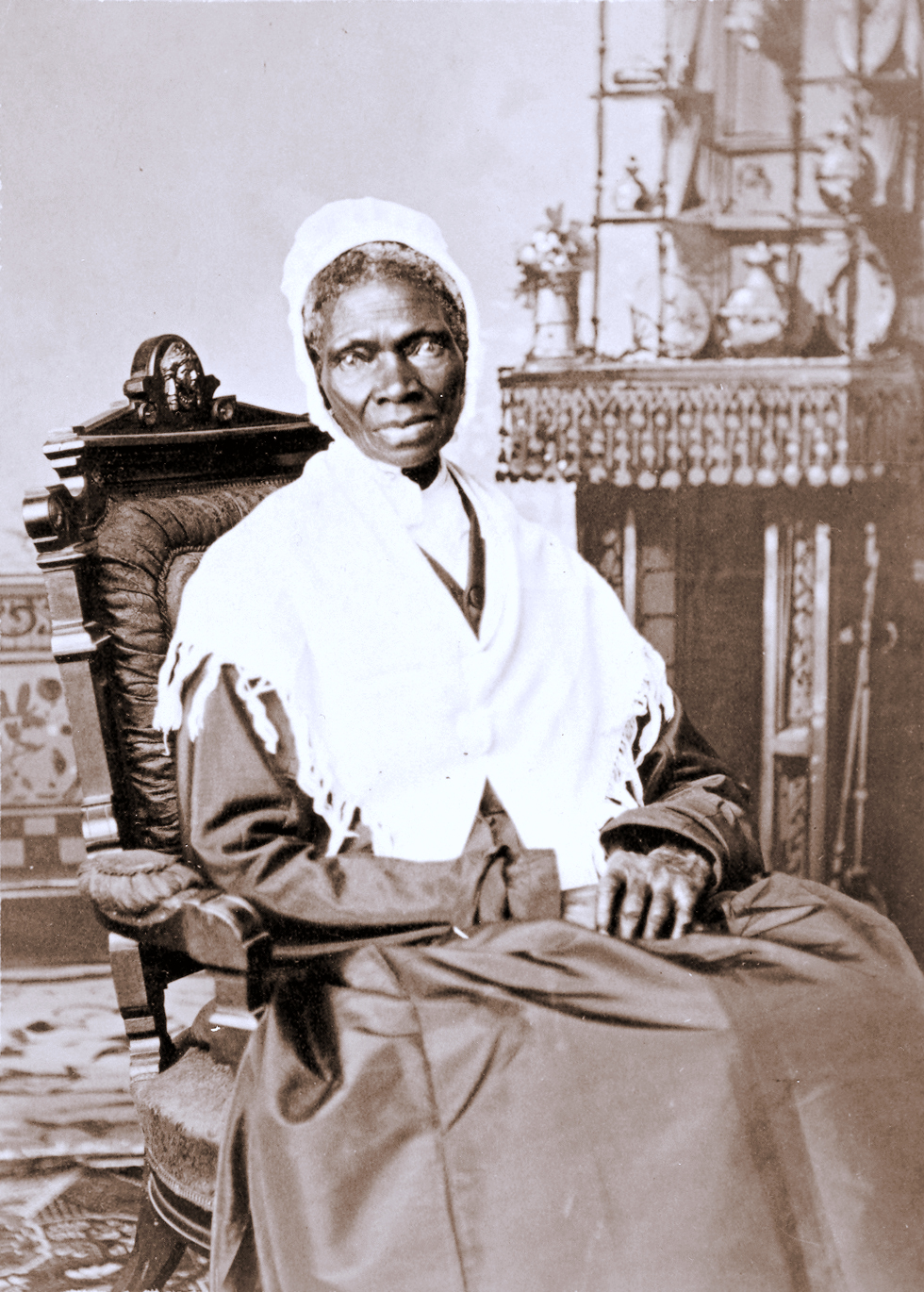As I've been taking this Peter Rollins course, I've been reading his old books as a refresher. I ran across this seemingly long-forgotten concept that really made me happy. Rollins posits that truth is an act and not a state of being, which isn't so novel until he fleshes it out with examples. He defines the act of truth specifically as one that positively transforms reality. This is in contrast to a typical definition where truth is an empirical description of reality.
The example he uses is SS agents coming to the door of a home during Nazi occupation and asking if there are any Jews present. The owner, knowing there are Jews present, but not wanting to turn them over, faces an ethical quandary. In reality, some people did in fact tell the "truth" and leave those Jews they were protecting in the hands of God. Others "lied" and continued to hide the Jews. Rollins argues that denying the presence of Jews is actually the truer statement, because it positively transforms reality.
Coming from a scriptural perspective, if Jesus is "the truth," then anything resembling Christ or in line with his life and teachings would also be truth. Rollins argues that saving Jews during the holocaust is inarguably true, no matter what factual inaccuracies one must espouse to do it.
Yes, it's a convenient example - one difficult to disagree with, but I think the larger notion of truth as an action that positively transforms the world helps in a lot of situations.
There's the old trope of a wife asking her husband if a dress makes her look fat. As a husband, you know there are some realities to navigate there. It may very well be that the wife has chosen a dress that is unusually unflattering and she would look (and feel) much better in something else. Saying as much is an important truth in the moment, because there's a potential she'll be embarrassed later on. Now if the wife has simply chosen one of many dress options that all make her look equally beautiful (even if she might actually be overweight), you say as much, because it is also true. There is no other answer you can give which will positively transform reality.
Again, this is a convenient and common example that doesn't always translate to real life - but I imagine you can imagine a lot of scenarios where this is a helpful guide (certainly more helpful than asking yourself, "is this an accurate description of reality?).
Putting our words up against some arbitrary definition of "true" or "factual" is ultimately pointless. The point in life is not to be accurate (especially since we've long entered a period where bias and perspectival error are well accepted and few people believe truth, by that definition, is even possible), it is to positively transform the world.
Of course, this adds a layer for Christians (or really anyone) when debating how to speak truth. It certainly seems easier to say whatever will make our own lives easier and, in a way, one could argue that positively transforms the world from my perspective. Using this definition of truth, though, requires a willingness to submit our own preferences and ease to the greater good. Something we're not always very good at.
Then again, using the standard definition of truth requires much the same thing - only it gives us less room to justify our actions and correct or ethical. This idea from Rollins makes more space for interpretation and disagreement, but we live in a world where that's reality anyway.
In any event, I'm not at a place where I'm adopting this notion of truth wholesale anyway, but I do think it's worth thinking about - or perhaps the larger point it's making about how we approach ethics. I'd love to hear what other people think, though. Chime in.

No comments:
Post a Comment